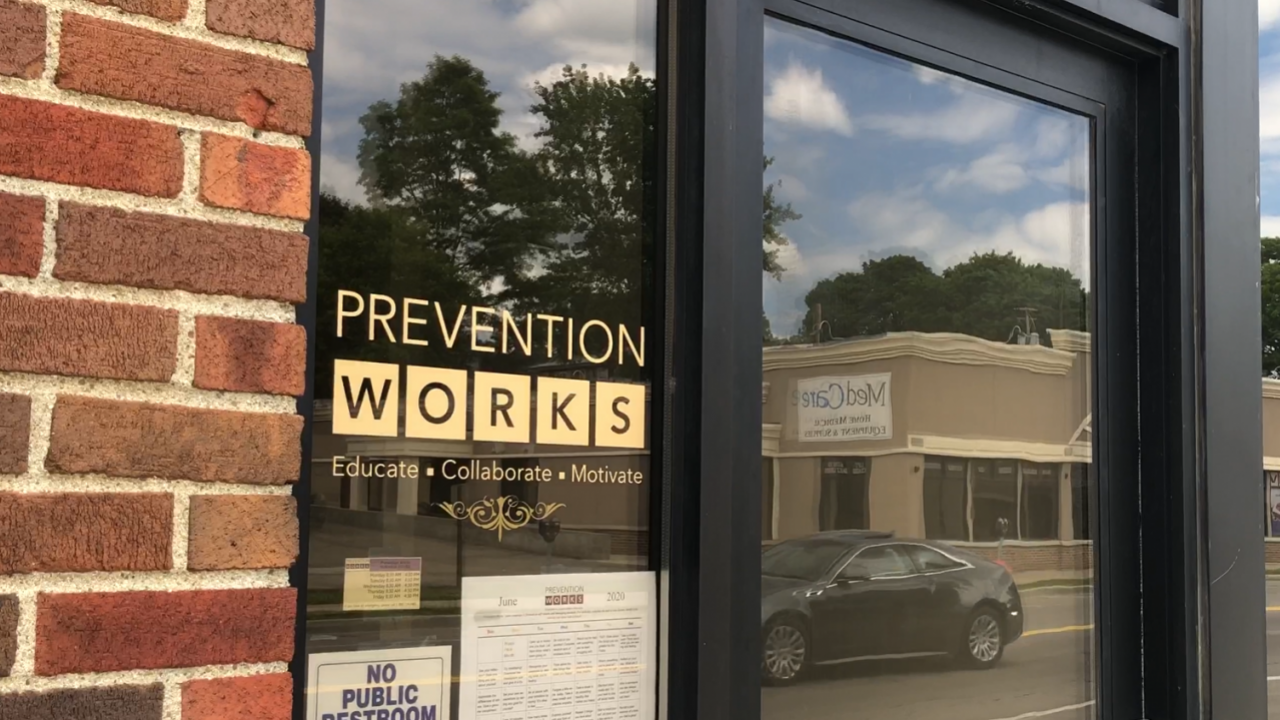
JAMESTOWN, N.Y. (NCC News) — Addictions don’t stop when there’s a pandemic. No amount of social distancing can reduce urges, and a mask is no replacement for the counseling that people with substance abuse problems need to maintain their disease. However, the Coronavirus pandemic has drastically shaken up the field of mental health and addiction treatment.
In Chauatauqua County, 45 people overdosed in March. Two of those incidents resulted in death. The tragic effects of chemical dependencies took an upturn at the start of the pandemic, and with the availability of controlled substances remaining relatively unaffected, treatment groups have had to quickly adapt to meet the needs of their clients.
With liquor stores remaining open and people being stuck inside alone with their urges, the Chautauqua County Department of Mental Hygiene and groups like it across the state have begun to move to online treatment programs. Counseling sessions that would have otherwise been held in person have moved to video conferences and telephone calls.
Telehealth services that bring the office directly to the patient have been available for years, but they haven’t been widely practiced. The swift transition to a virtual interface has shown just how effective those services can be. Chautauqua County Department of Mental Hygiene Grant Director Steve Kilburn believes that despite the difficulty of the pandemic, it’s helped to advance the field.
“I think the general sentiment is there were some changes that were overdue that have sort have happened because of the pandemic,” Kilburn said. “The hope is that there will be more availability of telehealth services.”
In many ways, he says that there’s actually more accessibility in the current conditions. Patients for whom transportation is an issue no longer have to make it to an office to receive counseling. Care can be given right in the person’s home.
It’s an especially important development given how everyone has had to live under quarantine. Prevention Works Program Director Laurie Reynolds says that it’s harder for some people to cope with their addictions being stuck in one spot.
“There are a lot of people that are definitely isolating themselves that are taking this quite hard,” Reynolds said. “Some people are still not accessing mental health [services] because it’s just another ‘thing.'”
By opening up services online, it’s easier to get in touch with an expert who can help. It’s less of a “thing.”
With more deaths in the county due to overdoses than COVID-19 since the pandemic started, it’s more important than ever that mental health professionals are able to adapt. Telehealth services seem to be a major advancement in the fight against addiction.




